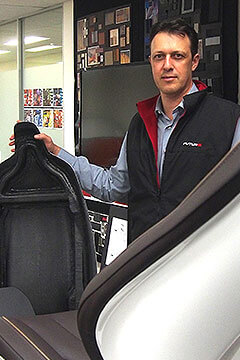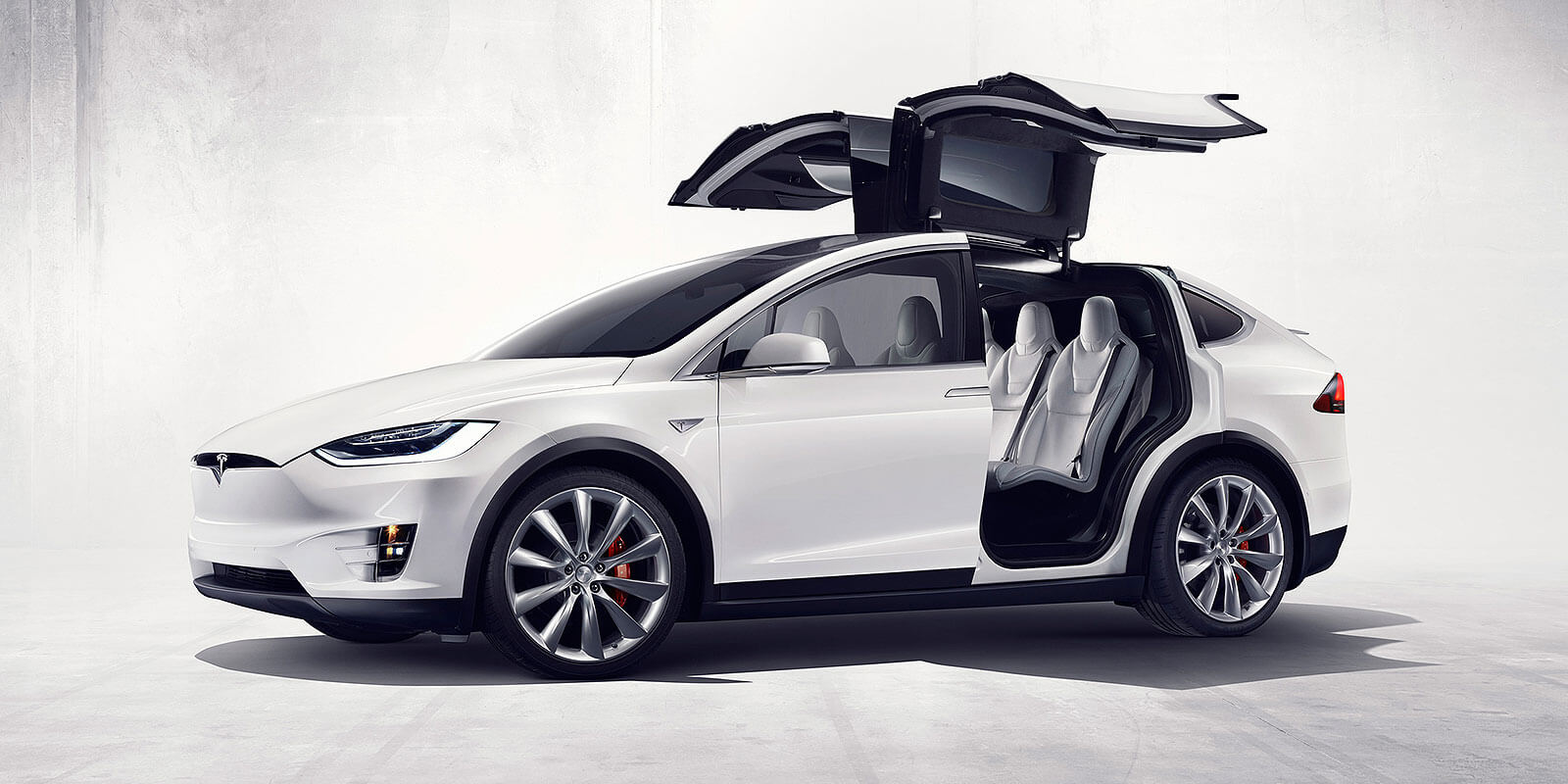
Four sight: Futuris chief executive Mark De Wit with the company’s newly developed FS4 front seat, which is currently being rolled out to car manufacturers across the globe.
GLOBAL seating and interior parts-maker Futuris Automotive has defied the gloom engulfing the local Australian automotive industry and is on a steep trajectory that will take its revenues past $1 billion by 2018.
Futuris has grown rapidly overseas, through organic growth and its acquisition of a US parts company, and is now working hard to export to this new network the corporate culture that helped it become Australia’s largest parts-maker.
Futuris specialises in interiors, particularly complete seating systems, but also supplies headliners, door trims and other components to car-makers around the world.
The company is currently offering its newly developed FS4 (front seat number four) seat to car manufacturers worldwide, which can specify the sleek-looking model in either steel or carbon-fibre.
Unfortunately, there are no Australian shareholders who can benefit from the growth Futuris has achieved as the company is now wholly owned by a private equity fund, Clearlake Capital Group, based in the US.
Futuris was previously listed on the share market as a subsidiary of Elders Ltd, but there was never quite enough investment capital available for the parts-maker to make the most of its opportunities.
However, since Clearlake acquired Futuris in 2013 for $69 million, that problem has been resolved.
“In 2000, Futuris had one customer (GM Holden), one plant and revenue of $100 million,” Futuris managing director Mark De Wit told GoAuto in an exclusive interview.
“Now we are in five countries, we have 20 facilities and we employ 5500 people. Turnover is $US600 million ($A813 million).”
Futuris was operating offshore in China and Thailand when it was acquired by Clearlake, but has now expanded into the US and Mexico.
“The Australian operations now represent a little more than 15 per cent of total turnover – $US115 million out of $US600 million – and that proportion will continue to decline,” Mr De Wit said.
“We already have booked new business that will lift our top line to $US800 million ($A1.1 billion) by 2018.
“We have grown a lot, but we have lost a lot in Australia, solely because automotive production volumes have come down.”
Mr De Wit said that while local employment would fall when local car production ceases in October 2017, Futuris currently plans to maintain its Australian technical centre of around 80 people, but possibly not in the current location of Port Melbourne.
Futuris is in the unusual situation of not having a designated head office, which is a way of saying that Mr De Wit and other executives are constantly travelling to the company’s offshore locations. The Port Melbourne office is, however, still considered its headquarters.
Apart from the 20 manufacturing plants and the technical centre in Port Melbourne, Futuris has a technical centre in Shanghai with 60 people, and a technical centre in the bay area of California, principally to support its Tesla Motors operations and newly awarded work with two other electric car companies.
“Clearlake has been fantastic for the business,” Mr De Wit said. “Clearlake has helped find acquisitions, fund acquisitions and fund organic growth.
“Organic growth requires a lot of funding. You need to invest capital in design and development two years before production, and that can be a burden.”
Mr De Wit said Futuris directors spend a lot of time and energy cultivating and maintaining the corporate culture that has been the basis of the company’s success for more than a decade.
“The main aim is to make Futuris a good place to work, and there are two ways in which we maintain the Futuris DNA,” he said.
“The first is we encouraged many local Futuris executives to relocate to our new offshore operations. This helps to force-feed the Futuris DNA into our overseas operations.
“Second, it’s about hiring people. It’s equally important to fit the character to the company as to fit the skills to the job.
“They have to tick both boxes, skills and character. We interview them three times, each time with different Futuris people and in different circumstances. I think we’re more diligent than most companies in this area.”
These face-to-face meetings are backed up by intelligence and personality tests. And they also have to be able to travel long distances – frequently – and still perform at the other end.
“Travel is a very demanding part of working at Futuris. We can’t afford to sit in our ivory towers and make decisions from a distance,” Mr De Wit said.
“A lot of us are on planes a lot of the time. We already have 20 factories in five countries and, as we expand, it will become harder.
“Is it easy? Shit, no!”
By Ian Porter













 Read More: Related articles
Read More: Related articles

